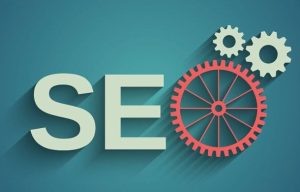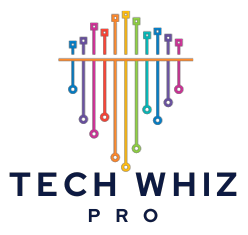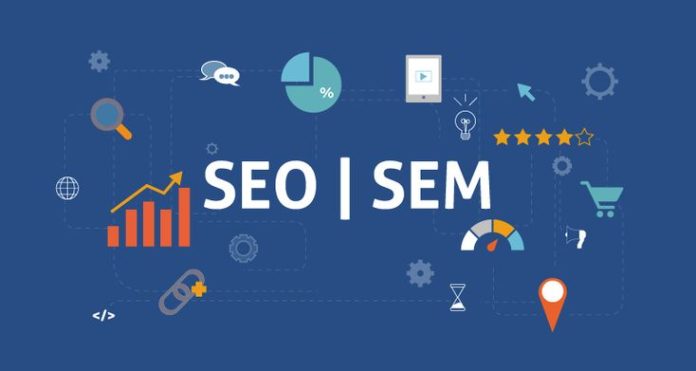SEO VS SEM
SEO and SEM might sound similar, but they have key differences. SEO (Search Engine Optimization) focuses on making your website naturally appealing to search engines, ultimately aiming for free, organic ranking in search results. This involves optimizing content, building backlinks, and improving website structure. Think of it as climbing a search engine ladder organically.
SEM (Search Engine Marketing), on the other hand, encompasses both organic and paid strategies. While SEO aims for the top rungs organically, SEM can use PPC (Pay-Per-Click) advertising to buy your way onto the top spots. It’s like taking an express elevator to reach the top quickly, though you pay for each ride.
So, if you’re looking for long-term, sustained growth, SEO is ideal. But if you need immediate visibility or have specific campaigns, SEM with PPC can be a powerful tool. Remember, SEM includes SEO, so a comprehensive strategy often combines both for optimal results.
Discover more about Amazon What is Amazon PPC
Introduction to SEO and SEM
Before we dive into the specifics, let’s establish a clear understanding of what SEO and SEM entail. SEO focuses on optimizing your website to rank higher in organic search engine results, while SEM encompasses paid search advertising to increase visibility and drive traffic to your website.
Understanding SEO
SEO involves various techniques aimed at improving your website’s ranking in search engine results pages (SERPs). This includes optimizing your content, meta tags, and website structure to make it more appealing to search engines like Google.
Components of SEO
On-page optimization
This involves optimizing individual web pages to rank higher and earn more relevant traffic in search engines. On-page factors include keyword optimization, quality content creation, and meta-tag optimization.
Off-page optimization
Off-page SEO refers to actions taken outside of your website to impact your rankings within search engine results pages. This includes link building, social media marketing, and influencer outreach.
Technical Optimization
Technical SEO focuses on improving the technical aspects of your website to enhance its search engine visibility. This includes improving site speed, and mobile-friendliness, and fixing crawl errors.
Also, read about Amazon’s PPC Optimization
Benefits of SEO
Implementing a robust SEO strategy offers several benefits for your business:
- Increased organic traffic
- Higher search engine rankings
- Cost-effectiveness compared to paid advertising

Understanding SEM
SEM involves utilizing paid advertising to increase visibility and drive traffic to your website. It typically includes strategies like PPC (Pay-Per-Click) advertising and paid search campaigns.
Components of SEM
Paid search advertising
This involves placing ads on search engine results pages to promote your website. Advertisers bid on keywords that users might enter when searching for certain products or services.
PPC campaigns
PPC campaigns allow advertisers to bid for ad placement in a search engine’s sponsored links when someone searches for a keyword related to their business offering.
Keyword research and targeting
Keyword research is a crucial aspect of SEM, helping advertisers identify relevant keywords for their campaigns and target their audience effectively.
Benefits of SEM
SEM offers various advantages for businesses looking to boost their online presence:
- Instant visibility and results
- Targeted advertising to reach specific demographics
- Measurable ROI through tracking and analytics
SEO vs. SEM: A Comparative Analysis
While both SEO and SEM aim to increase online visibility, they differ in several key aspects:
- Cost-effectiveness: SEO typically requires upfront investment in time and resources but offers long-term benefits, whereas SEM involves immediate costs but provides instant results.
- Speed of results: SEM delivers quick results, making it ideal for short-term campaigns, whereas SEO requires patience as it takes time to see significant improvements in rankings.
- Long-term vs. short-term benefits: SEO builds sustainable organic traffic over time, whereas SEM delivers immediate but temporary traffic.
Which is Better: SEO or SEM?
The answer depends on various factors such as your business goals, budget, and timeline.
Factors to consider
- Budget: SEO is a long-term investment, whereas SEM requires ongoing spending to maintain visibility.
- Timeframe: If you need immediate results, SEM might be the better option, but if you’re looking for sustainable long-term growth, SEO is the way to go.
- Competition: Assess the competitiveness of your industry to determine which strategy will yield the best results.
Integrating SEO and SEM
While SEO and SEM are often viewed as separate strategies, integrating them can yield powerful results. By combining organic and paid search efforts, businesses can maximize their online visibility and reach a wider audience.

Best practices for integration
- Keyword synergy: Use insights from SEM campaigns to inform your SEO strategy and vice versa.
- Cross-channel promotion: Leverage SEO content for SEM landing pages and vice versa to create a cohesive marketing approach.
Case Studies
Let’s examine some real-world examples of successful SEO and SEM strategies:
- SEO: Company X increased organic traffic by 150% through content optimization and link building.
- SEM: Company Y generated $100,000 in revenue through targeted PPC campaigns.
Conclusion
In conclusion, both SEO and SEM play integral roles in a comprehensive digital marketing strategy. While SEO focuses on organic growth and long-term sustainability, SEM offers immediate visibility and results. By understanding the differences and benefits of each approach, businesses can make informed decisions to maximize their online presence.
FAQs
Q1. What is the main difference between SEO and SEM?
The main difference lies in the approach: SEO focuses on organic strategies to improve search engine rankings, while SEM involves paid advertising to increase visibility.
Q2. Can I use SEO and SEM together?
Yes, integrating both strategies can yield better results by maximizing online visibility through organic and paid channels.
Q3. Which strategy is more cost-effective?
SEO tends to be more cost-effective in the long run as it offers sustainable organic traffic without ongoing advertising costs.
Q4. How long does it take to see results from SEO?
Results from SEO can take time to manifest, typically several months to a year, depending on various factors such as competition and website authority.
Q5. Is SEM suitable for all businesses?
While SEM can benefit many businesses, its suitability depends on factors such as budget, competition, and target audience.











